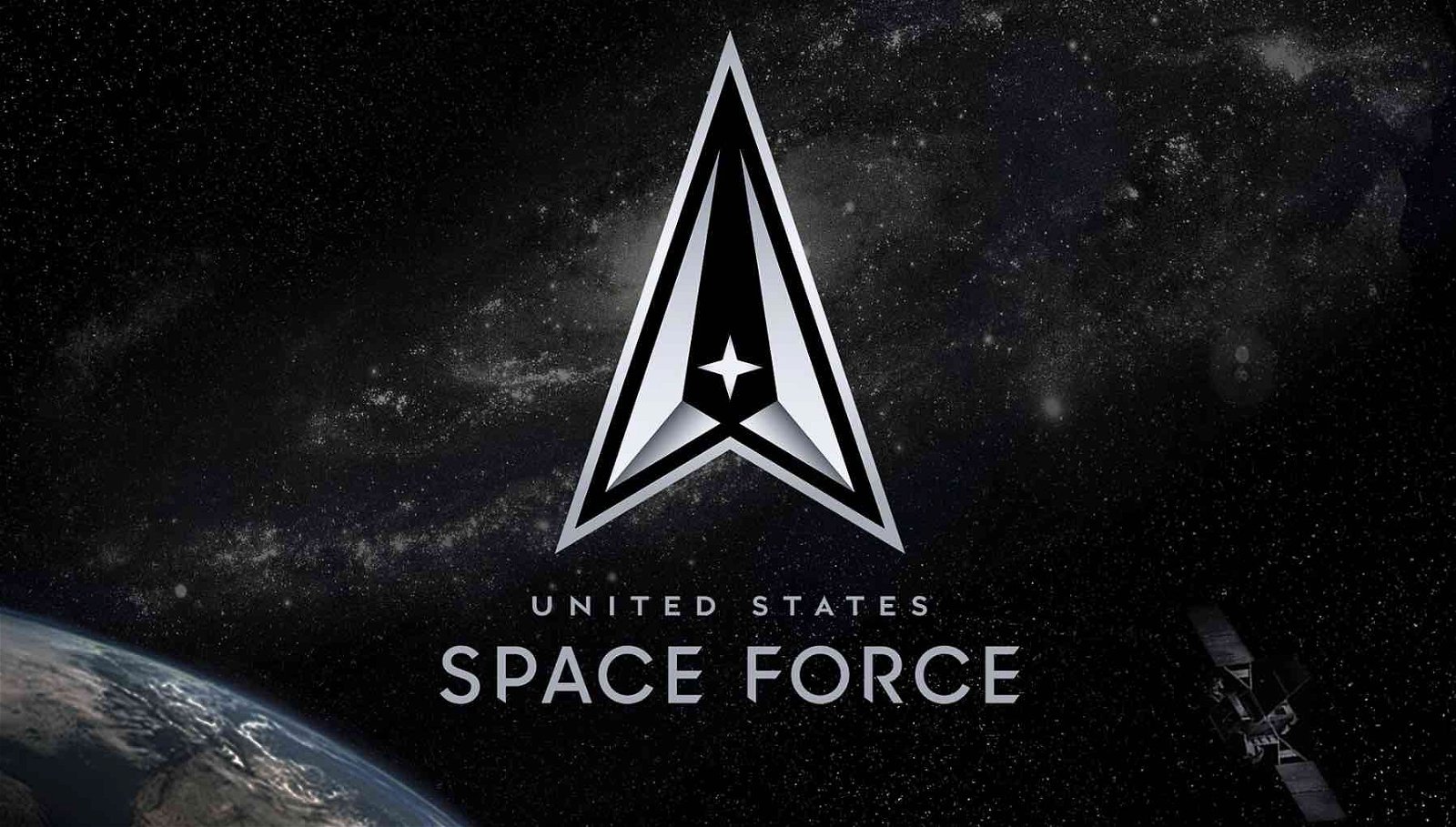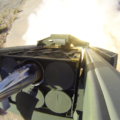A new program that leverages cloud technology to facilitate a secure system for handling classified information could soon enable remote work for U.S. Space Force (USSF) Guardians.
The Enigma Project, an initiative led by the USSF with support from General Dynamics Information Technology (GDIT), a subsidiary of American aerospace and defense heavyweight General Dynamics, was first revealed earlier this year. In an interview that appeared online, Travis Dawson, the program’s director, characterized it as “a collaborative network and a contractor operated digital environment that provides a Platform-as-a-Service (PaaS) capability.”
By developing a collaborative network and digital environment, Enigma will reportedly help ensure secure, efficient collaboration between government and industry, aiding the USSF in achieving dominance in space operations.
The Enigma Project is a significant advancement in the USSF’s digital infrastructure. It primarily aims to enhance collaboration and security through cutting-edge cloud technology.
“If you think about the fact that USSF is tasked with securing the nation’s interests in, from, and to space, you have to understand that providing a mission network that facilitates collaboration between government and industry partners is critical to that effort,” Dawson said in January, citing the fast pace of innovation—and obsoletion—and the necessity for “a system to facilitate a multi-enclave digital and collaboration environment at a classified level.”
“Enigma addresses all of that,” Dawson said.
Lisa A. Costa, USSF chief technology and innovation officer, praised the initiative, calling it a “game changer” and emphasizing its role in enabling secure, effective collaboration between government and industry.
Space Systems Command awarded the initiative $18 million in January last year and recently extended it to January 2025. Over the remainder of the year, additional commercial cloud environments capable of handling secret-level data will be incorporated, broadening the project’s scope and impact.
A recent successful demonstration of Enigma’s capabilities at Los Angeles Air Force Base featured a portable secret-work capable prototype computer. However, its use would naturally have to include some restrictions, which include strict conditions under which the device may be used by remote workers. This would likely include prohibitions on its operation near windows or in other potentially compromising environments, as well as regulations prohibiting its use in the presence of mobile devices.
With these caveats in mind, the new cloud-based Enigma prototype aims to reduce limitations resulting from infrastructure, which often become significant factors on military bases. The objective is to offer more reliable and stable access to digital resources Guardians will require in their line of duty.
An in-office version of the program will also be available, providing users with the ability to toggle between unclassified and classified networks up to the secret level.
Currently, there has also been some discussion about expanding Enigma’s capabilities to support top secret and special access program (SAP) levels, although Dawson said this is not currently within GDIT’s scope.
“Our focus going forward will center on integrating new capabilities,” Dawson said in January, “and continuing to support this critical mission for the Space Force.”
Micah Hanks is the Editor-in-Chief and Co-Founder of The Debrief. He can be reached by email at micah@thedebrief.org. Follow his work at micahhanks.com and on X: @MicahHanks.

